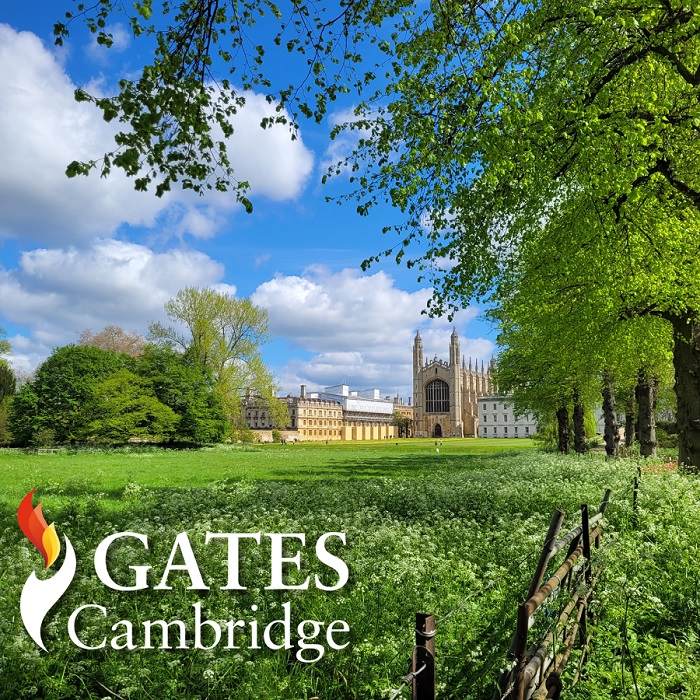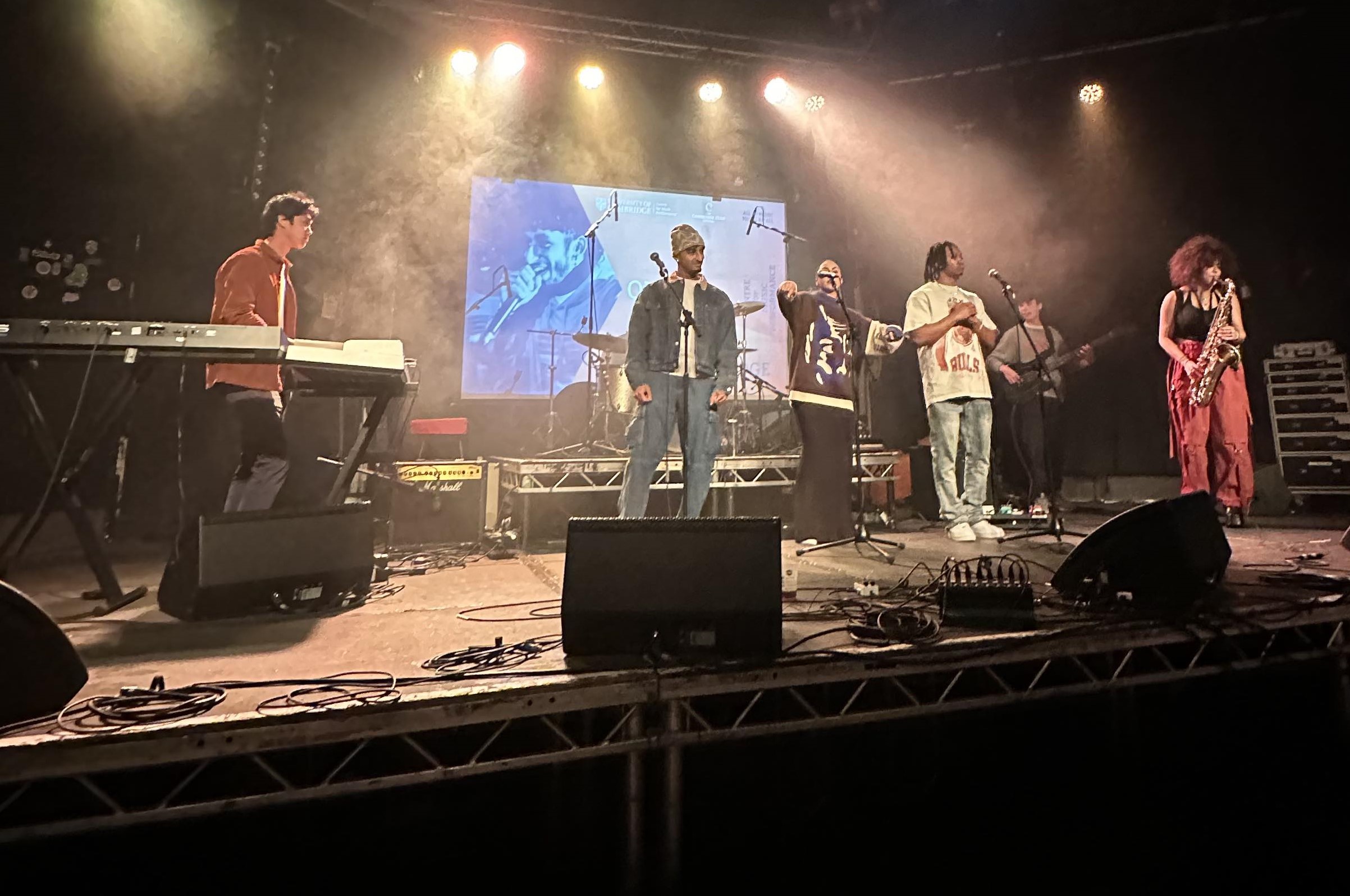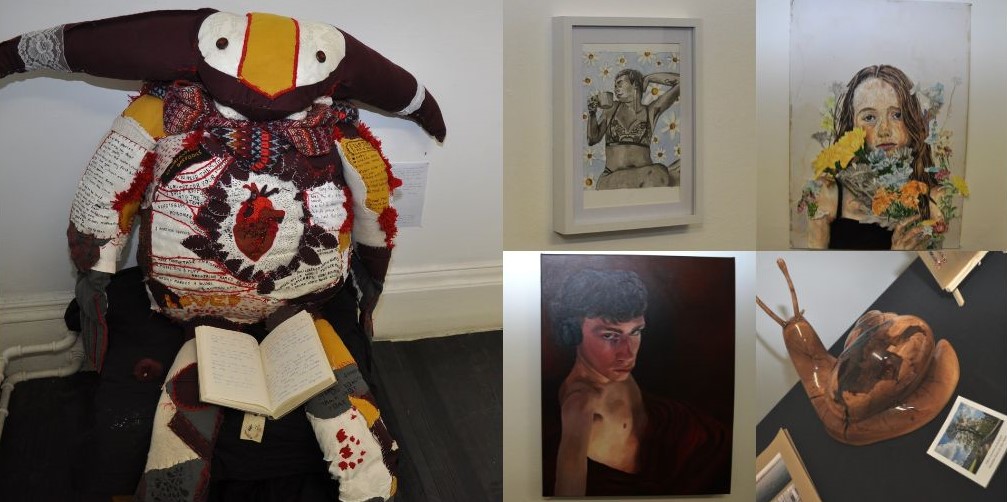Juan is from Vaud in Switzerland and took the International Baccalaureate with English, Biology, Chemistry and Mathematics at Higher Level. He specialised in Politics and Political Philosophy here at King's, and wrote this piece at the end of his third year in June 2011.
Juan studied Politics in the old Politics, Psychology and Sociology course, which has since been replaced by the Human, Social and Political Sciences (HSPS) and Psychological and Behavioural Sciences courses. His account will be useful to students interested in Politics and International Relations in HSPS.
How did you come to choose the course?
I chose my course a little late in the application procedure. For most of my life I assumed I’d be a doctor, but I slowly realised it wasn’t for me. I then considered Law, but after several failed attempts at forcing myself to become interested in dense and deathly dull law textbooks, I realised I simply found the subject (from its academic perspective) too boring. Memorising hundreds of cases and laws just wasn’t for me.
It took me a while to see that the books that I was reading for my own guilty pleasure were ones which spoke to Politics, Psychology and Sociology more than any other course, so I began investigating the course’s online prospectus. The first thing that I noticed about the course was its breadth of topics. I saw that you could end up studying anything from gypsy migrations across Europe to the political philosophy of the Scottish Enlightenment. Themes that interested me as a teenager, from social deviance to power, poverty and conflict, were all present in the course. I liked what I saw, and applied.
What was the course like when you got to Cambridge? Did you specialise?
Once I arrived at Cambridge, I wasn’t disappointed. In first year you study four papers. Freshers are now given a choice – when I started, you were “highly recommended” to study the politics, psychology, sociology and social anthropology papers. The breadth of first year is useful – it helps to come to Cambridge with an open mind. Even if you think you really want to study a specific subject when you come here, give the other papers a chance!
Over the course of the three years I spent at Cambridge, I personally found myself becoming increasingly interested in political philosophy, and I ended up specialising in this area. It wasn’t due to lack of interest in other areas – social psychology was and remains of great interest to me, for example. But for some reason or another, political philosophy became ‘my’ subject. My friends forged their own paths through the course. One decided his interest lay in sociology. Another became an expert on Yemen and the Gulf area of the Middle East. A third specialised in global security and development, and travelled to Kenya to do original research in the impact of mobile phone technology on politics and business in rural areas (research that was funded by the university). A fourth chose to change subjects to anthropology, and a fifth ended up specialising in psychology.
So how does it all work?
Over the course of your degree you’ll have a great support team around you, from your supervisors to your Director of Studies – the person who organizes your subjects and makes sure there aren’t clashes (and if you have a problem with a supervisor, you can go to your Director of Studies). You’ll generally have a supervision a week, with several lectures interspersed in between. Supervisions are small-group sessions with a teacher. Lectures are larger, where you sit in a lecture hall amongst most of the students of your year who study that paper. Supervisions are compulsory, lectures are not.
What are supervisions like?
Supervisions are intense. You’re expected to provide a piece of work for them in advance (usually a 2000-3000 word essay that requires a lot of background reading), and during the supervision you should be prepared to defend the arguments you made in your work. Expect to have moments where you wish to curl up in your seat and disappear, but its all part of the learning process! In the build-up to exams, students invariably look back on their year and appreciate the supervisors who pushed them the hardest.
For each piece of work, you’ll normally be given a reading list. These usually contain about a page of titles. You’re not expected to read them all! Lectures are a great way of condensing information and finding out which texts are more important. One piece of advice I’d give is, when it comes to political philosophy in particular, focus on primary texts. I think this advice holds true for social anthropology and sociology as well. For contemporary politics papers and psychology papers this is probably a little less relevant. If in doubt, don’t hesitate to contact your supervisor and ask, or have a chat with an older student who has done your paper.
Is there time for other things?
The atmosphere in Cambridge is one of friendly competition. You work hard, but so do your friends. Don’t for a second think that the work means you can’t have fun at Cambridge – that’s a common misconception. In reality, there are plenty of opportunities to have fun and party at Cambridge. In the end, how much fun and how much partying you will do is less dependent on the subject you take than on your personality and your approach to the work/fun balance.
One of the major advantages of the course is that its flexibility means you’re very much in charge of your own time. This means two things: firstly, that you have to have the discipline to make yourself work in an unstructured day, and secondly, that, provided you’re organised enough, you have the freedom to pursue extra-curricular activities. Consequently, PPS students often end up holding plenty of positions in various societies or unions across the university.
Any advice for choosing a College?
Pick King’s - it’s the best! In all seriousness, though, when it comes to picking a college, don’t worry – statistically speaking, most people say their own college is the best and they couldn’t imagine going anywhere else... even amongst those who were randomly assigned their college. But I wouldn’t recommend making an ‘open application’. Instead, think a little about what you want – big or small college? Old or new?
I chose King’s because it’s big, central, beautiful, has a reputation for people who care about politics, a rich history and a high proportion of international and state school students. But it’s a personal choice! Check out the prospectuses and the student perspectives or alternative prospectuses (these are written by students, and are often more honest than the official prospectus).
A major advantage of reading PPS (now HSPS) at King’s College is that it always has the largest group of students who read the subject. This creates a community that you don’t always find in other colleges, and the community can be invaluable as people help one another. It also means there are always plenty of older students to seek advice from (if in doubt who they are, just ask at the bar).
Tips for interviews?
Expect to be challenged in the interview. You’re not expected to have all the answers. If faced with a difficult question (as you undoubtedly will be), be honest and say you’re not sure of what the answer is, but don’t just then clam up – instead, try and venture guesses as to where you would find the answer (or how). Remember (and this holds particularly true for arts subjects), the interviewers are not looking for an uncanny ability to memorise information. If you have that ability, great, but what they’re really looking for is for people who can use information effectively to develop interesting, plausible, and original arguments. They want people who can challenge preconceptions and think differently. Also, quite often, if you need help with an answer, the interviewers might intervene – if this happens, don’t feel discouraged by any means. It happens a lot. Instead, use the new information or tip and try and work with that.
Finally, don’t worry if you haven’t studied politics, sociology, etc.before your interview. You don’t have to have done so to read the course at Cambridge. I certainly hadn’t.
What happens after Cambridge?
There’s a misconception that a degree like mine will make you unemployable. I’m typing this from Beirut, where I’m doing an internship monitoring the ongoing revolutions of the Arab Spring for the UN. At the same time, I’m doing freelance photojournalism for a magazine. In October I’m returning to Cambridge to
do a Masters in Political Thought.
And my friends? The one who specialised in Yemen wants to work at Chatham House, a leading think tank. She’s already published an Op-Ed on the revolution
for the Yemeni Times, and she runs a successful blog on ongoing events in the region. The one who went to Kenya for his research is returning to Denmark to do a Masters in security and development there. As I write this, another friend happens to be in a pub with Bjork, or so his Facebook status tells me. The sociologist has just arrived in South Sudan (at time of writing its secession is complete and it has just achieved independence, thus becoming the newest country in the world). I think she wants to work at an NGO or something along those lines. In addition to these, you also have the ever-present stock of people who want to go into banking / consulting / politics.
Post-Cambridge life is extremely varied, but then again, with such a diverse course, you’d expect that, right? At the end of the day, I loved the course and I’m glad I did it. The past three years have been terrific.


